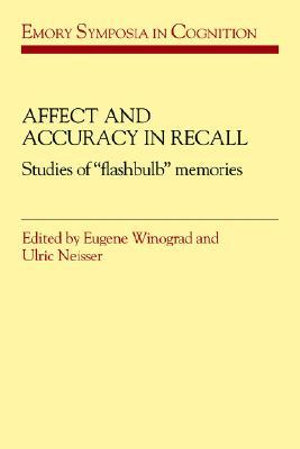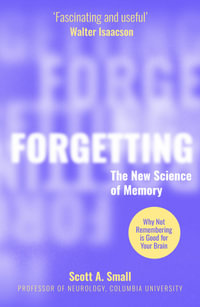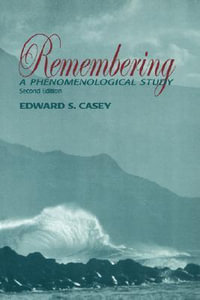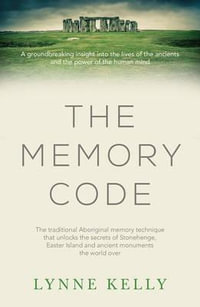The vividness with which we recall unexpected and emotional events has long been the subject of theoretical speculation; William James said that they "leave a scar upon the cerebral tissues." For many Americans, the stunning news that the Space Shuttle Challenger had exploded gave rise to just such memories. In this fourth volume in the Emory Symposia in Cognition series, researchers who have systematically studied recollections of Challenger present their findings. Ulric Neisser and Nicole Harsch discovered that such "flashbulb memories" can be quite mistaken, even in confident subjects; Steen Larsen's diary study of his own memory also undermined the notion that flashbulb memories are necessarily accurate; John Bohannon and Victoria Symons found evidence for a relation between the affective quality and the consistency of Challenger memories; Amye Warren and Jeffery Swartwood conducted a study of such memories in children.
Although Affect and Accuracy in Recall begins with the space shuttle explosion, it also addresses broader issues. Are flashbulb memories fundamentally different from other forms of recall? Do emotion and arousal strengthen memory in geneeral, or only in certain circumstances? If so, by what physiological mechanisms? What functions might such memories serve? Why do traumatic events sometimes produce heightened recall and sometimes lead instead to repression? The sophisticated discussions of these issues, presented by distinguished experimental psychologists, are evidence of rapid recent progress in the study of autobiographical memory. The first and last chapters are both summaries, but of different kinds. The editors begin by describing the common themes that run through the volume, and William Brewer concludes with a detailed analysis of research on flashbulb memories, from the original definition of these recollections by Brown and Kulik in 1977 to the present.
Industry Reviews
"...a important book that will be used extensively by researchers concerned with memory in natural circumstances. It contains excellent reviews of the effects of emotion on memory, developmental aspects of flashbulb memories, and the neurobiology of memory and concludes with spirited discussion of methodological and theoretical issues." Martin A. Conway, Science "...well-written...well-balanced...the subject matter is inherently interesting to a broad audience...I strongly recommend this book. Efforts at studying and conceptualizing the interaction between affect and memory are not easy to find, and the authors of this book have made a scholarly contribution to this scientifically and clinically important area." Nathan Zilberg, Imagination, Cognition and Personality

























